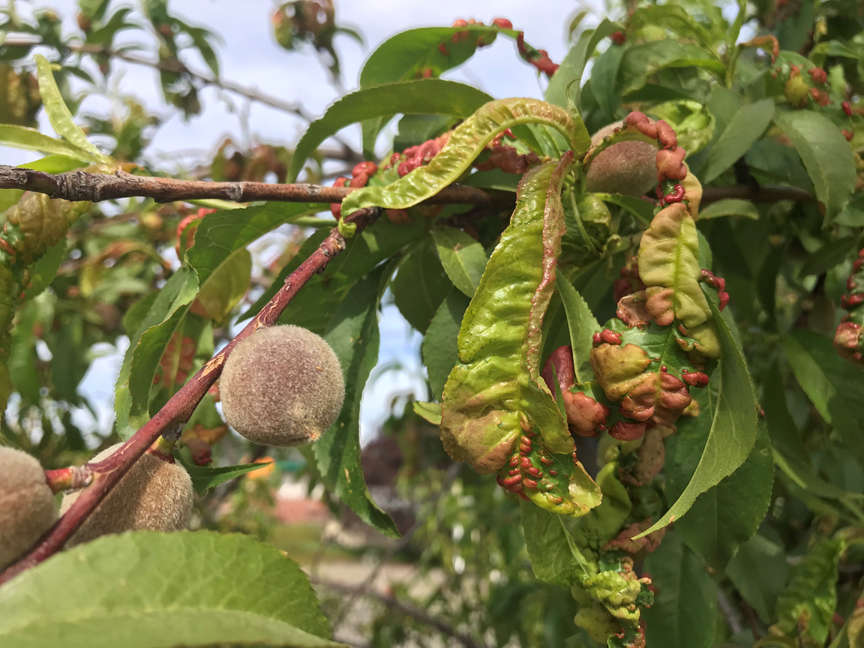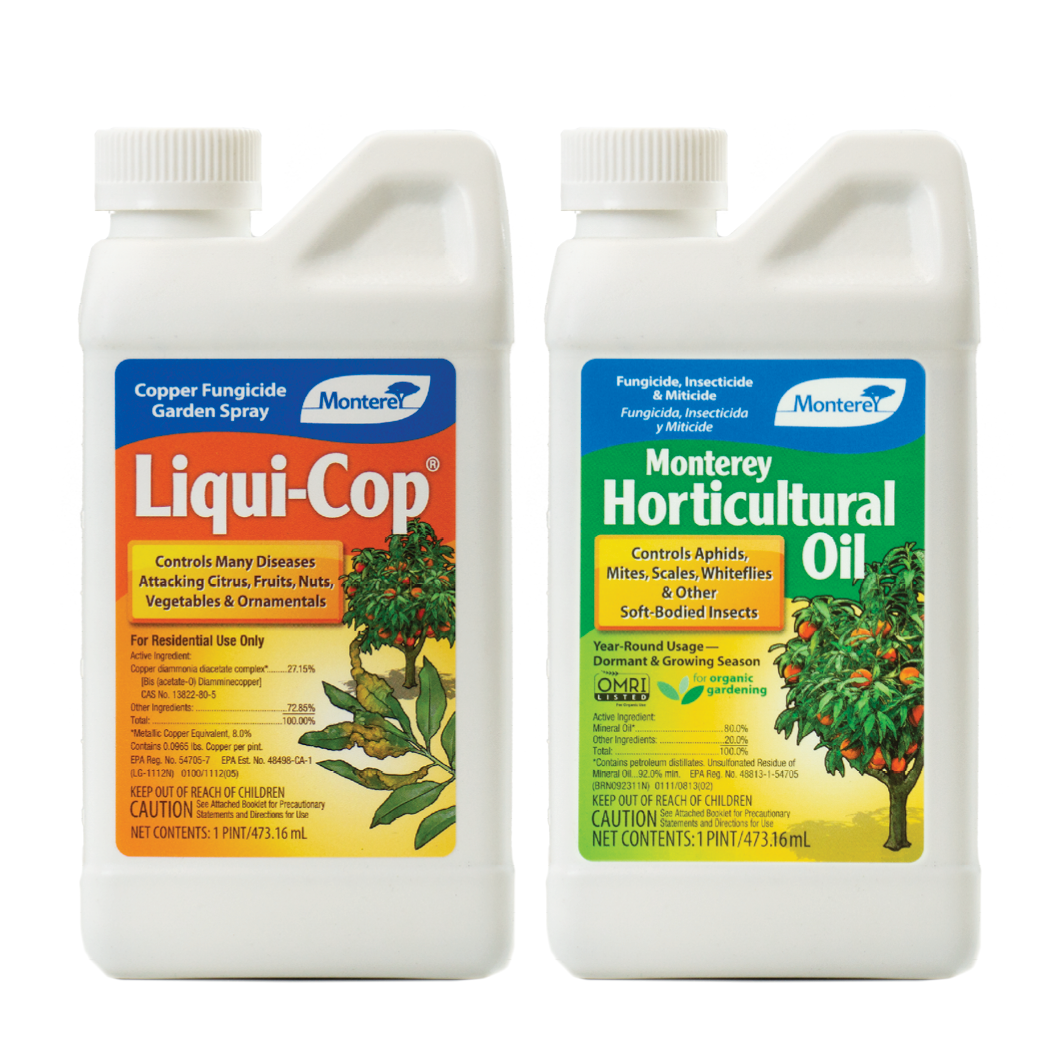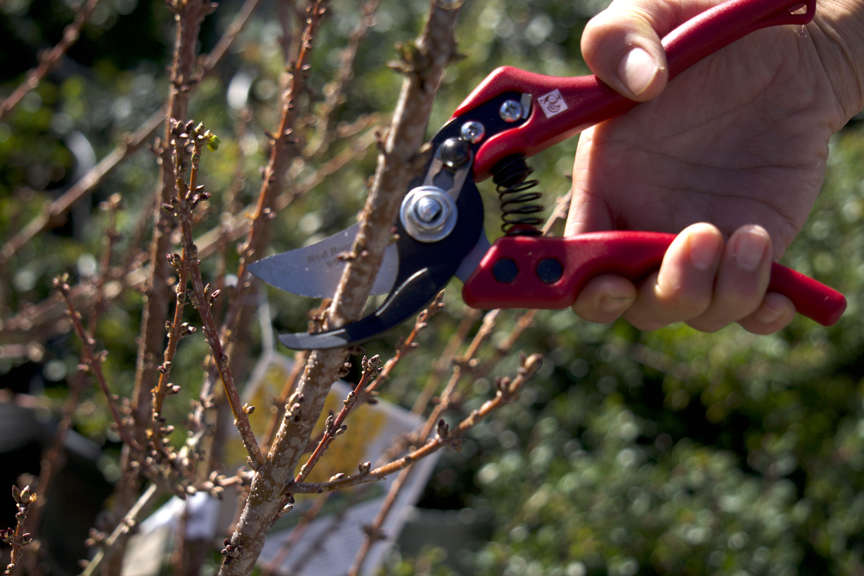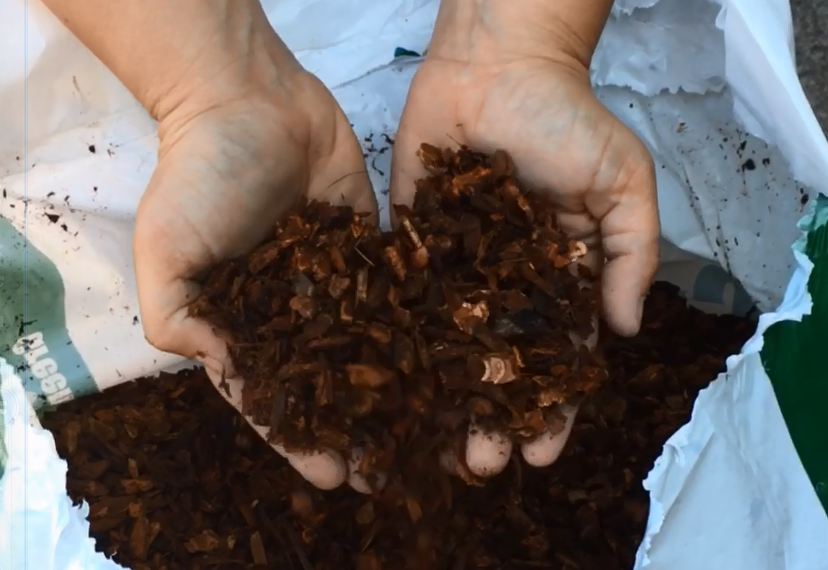
November Garden Solutions

An Ounce of Prevention...
For November, our experts are getting questions about plant care during the dormant season. Dormant care is all about preventing disease, insects and weeds. Dormant sprays, pruning, and adding mulch goes a long way toward keep our plants safe, and it all begins this month.
Our gurus offer advice and guidance as you begin dormant tasks in November. Come and see us with your questions, and together we can give your yard the best year ever.
Our gurus offer advice and guidance as you begin dormant tasks in November. Come and see us with your questions, and together we can give your yard the best year ever.
Dormant Spray
Take action in winter to prevent diseases that may appear later in the year. With the use of carefully timed sprays of copper and horticultural oil on fruit, nut, and ornamentals we have done a powerful job of preventing problems.
Peach leaf curl, shot hole, canker and fire blight are top on the list for disease prevention because treatments are limited once they appear.
We recommend combining Liqui-Cop®, a copper based spray, and horticultural oil, to prevent many diseases that can cause harm during the growing year.
Did you know? Horticultural oil serves two purposes in dormant spraying. The oil helps the Liqui-Cop® adhere to the plant, while also smothering overwintering insect eggs.
Peach leaf curl, shot hole, canker and fire blight are top on the list for disease prevention because treatments are limited once they appear.
We recommend combining Liqui-Cop®, a copper based spray, and horticultural oil, to prevent many diseases that can cause harm during the growing year.
Did you know? Horticultural oil serves two purposes in dormant spraying. The oil helps the Liqui-Cop® adhere to the plant, while also smothering overwintering insect eggs.
Read the instructions carefully for optimum control. When to spray, how much to add to the sprayer, and how often to spray are all key to success. Look up each plant in the Liqui-Cop® instructions and follow directions closely.
Dormant Pruning
In addition to spraying, dormant season pruning is extremely important. Remove dead, diseased and crossing branches to remove places for insects and diseases to hide. Dormant pruning opens the canopy, increasing air flow radically which reduces diseases. For winter pruning of roses, this is especially important.
Mulching
Now is also the time to check that your mulch is deep enough. Mulch is the number one control to stop weeds from stealing light, fertilizer and water from your plants. Further, mulch feeds the soil by welcoming the right bacteria, fungi and beneficial soil-dwelling insects to turn, aerate and improve soil. Generally, three inches of mulch does the job. Mulch throughout the dormant season creates healthy soil for next year.
Did You Know? Mulch moderates soil temperatures during freezes. A layer of mulch keeps roots warm and prevents them from drying out.
Did You Know? Mulch moderates soil temperatures during freezes. A layer of mulch keeps roots warm and prevents them from drying out.



